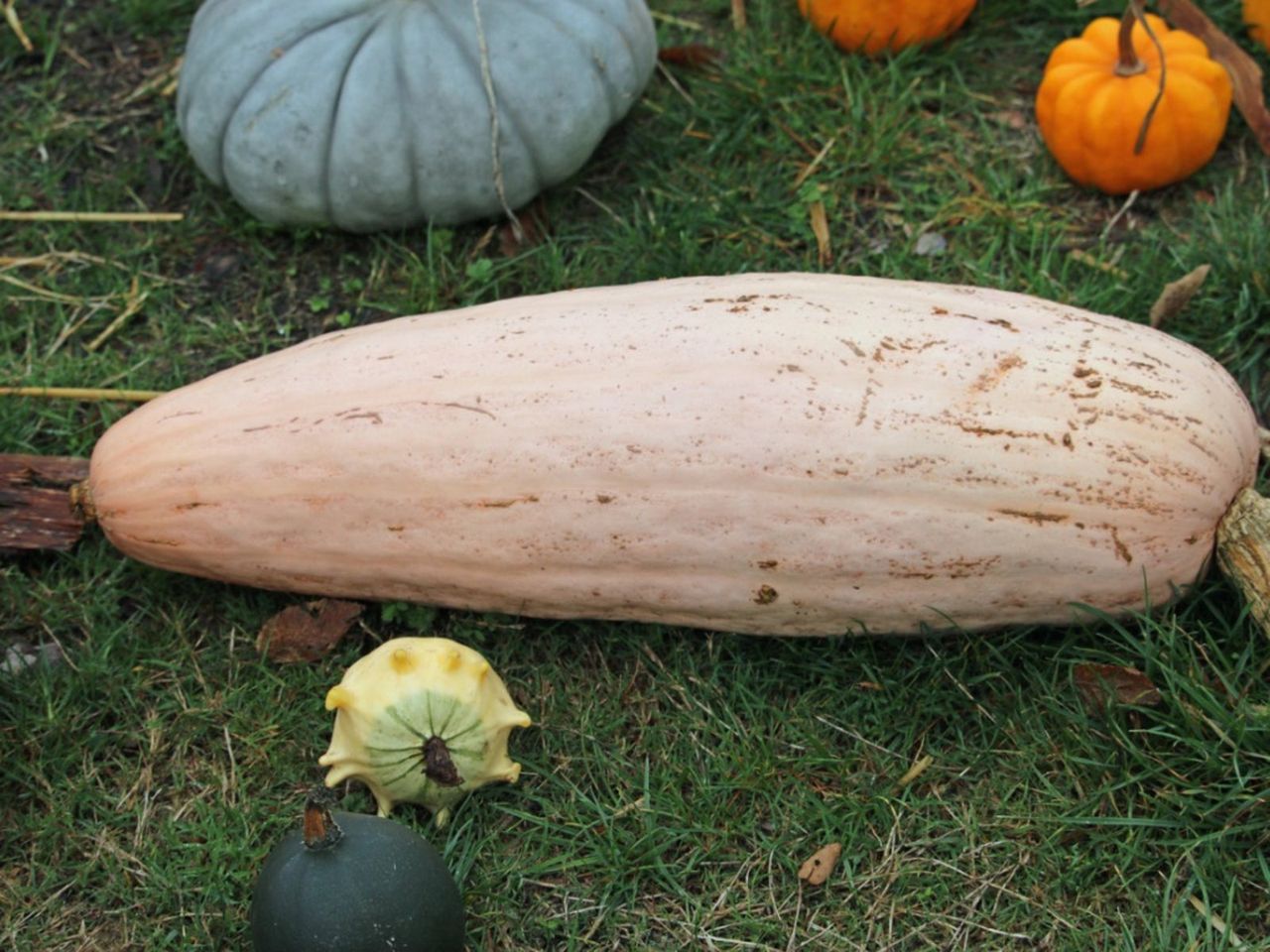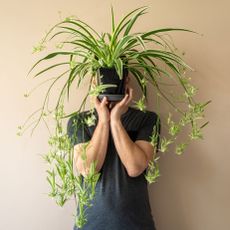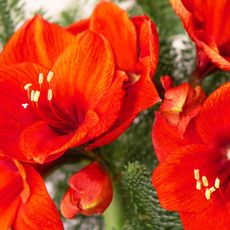What Is Banana Squash: How To Grow Banana Squash

One of the most versatile squash out there is the pink banana squash. It can be grown as a summer squash, harvested at that time and eaten raw. Or, you can wait patiently for fall harvest and use it just like a butternut -- sautéed, steamed or roasted, and then use it alone or in casseroles, soups and even in pies!
What is Banana Squash?
With this dizzying array of uses, I'm sure the question, “What is banana squash?” is foremost in your mind as well as how to grow banana squash. Banana squash plants are a member of the Cucurbita family (C. maxima). There are hybrid varieties referred to as “rainbow,” heirloom varieties such as Sibley or Pike's Peak as well as blue and pink banana types of squash. Banana squash plants can be traced back to ancient sites in Peru and were traded across the Americas. Pink banana squash is also known as Mexican Banana and Plymouth Rock and was introduced to the market in 1893. Banana squash has an elongated shape, curving slightly the older it gets, and smooth outer skin, that is, yes, pinkish-orange with flesh colored stripes, or bluish-gray or even solid yellow in hue depending upon the cultivar. The interior of the squash is firm, meaty and orange in color. It can reach an imposing size of up to 40 pounds (18 kg.), but the average weight is about 10 pounds (4.5 kg.), 2-3 feet (60-91 cm.) long and 8 inches (20 cm.) around. This New World crop gradually fell out of favor, and although today it is enjoying resurgence in popularity, seed for this varietal are still most likely to be found among heirloom seed savers.
How to Grow Banana Squash
If you decide to cultivate some banana squash of your own, which is highly recommended, keep in mind that this squash needs some serious space to grow. The vines resemble those of the Hubbard and can reach 12-15 feet (3.6-4.5 m.) in length. The fruit takes at least 120 days for maturation. Sow the seed in planting soil at a depth of ¾ to 1 inch (1.9 to 2.5 cm.) deep and water them in well. Germination will occur between 9-14 days. Once the banana squash plants have two or three sets of leaves, they can be transplanted 9-12 inches (23-30 cm.) apart. Fertilize them with a high nitrogen fertilizer after the first flowers set and again three or four weeks after. Don't fertilize thereafter, however, or you will be nourishing the foliage and not the fruit. When the squash is about the size of a small banana, place a ½-inch (1.27 cm.) plank beneath it to keep it dry and prevent spoiling. Harvest your banana squash when it is between 12-16 inches (30-41 cm.) long by cutting it from the stem. The banana squash can be stored in a dry, dark, cool (50-60 F. or 10-15 C.) area with plenty of air circulation surrounding it. You can then use it just as butternut or kabocha squash. Roast it and add to soup, stew or casserole. Shave it thinly and add to fresh salad greens or atop pizza. Herbs that pair nicely with banana squash are:
Store this big beauty properly, and it can last for up to six months.
Gardening tips, videos, info and more delivered right to your inbox!
Sign up for the Gardening Know How newsletter today and receive a free download of our DIY eBook "Bring Your Garden Indoors: 13 DIY Projects For Fall And Winter".

Amy Grant has been gardening for 30 years and writing for 15. A professional chef and caterer, Amy's area of expertise is culinary gardening.
-
 Get Savvy About Spider Breeds: 8 Green, Variegated and Curly Types Of Spider Plants
Get Savvy About Spider Breeds: 8 Green, Variegated and Curly Types Of Spider PlantsYou may think you know what a spider plant looks like – but there’s a lot more variety than you think! We present some spectacular and striking types of spider plants
By Mary Ellen Ellis
-
 Warm Up Your Winter With Indoor Reds! 8 Red Amaryllis Varieties For Sizzling Seasonal Interest
Warm Up Your Winter With Indoor Reds! 8 Red Amaryllis Varieties For Sizzling Seasonal InterestWell loved as a bold decorative holiday bloomer, the red amaryllis is a hot favorite for winter displays. These red amaryllis varieties are guaranteed to fire up the season
By Tonya Barnett